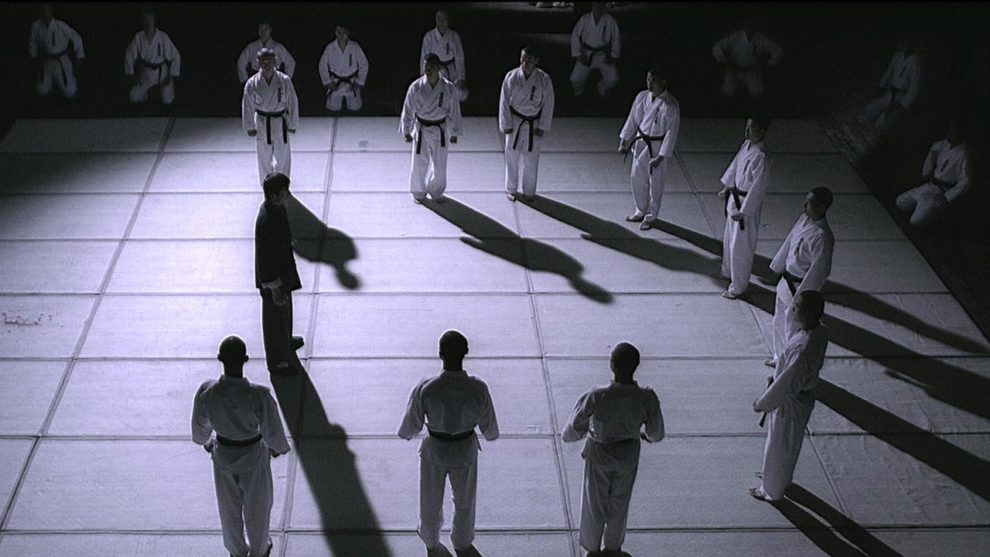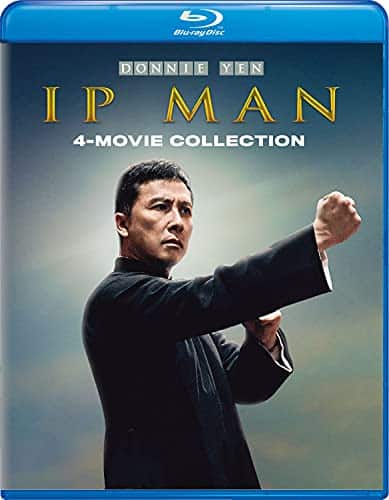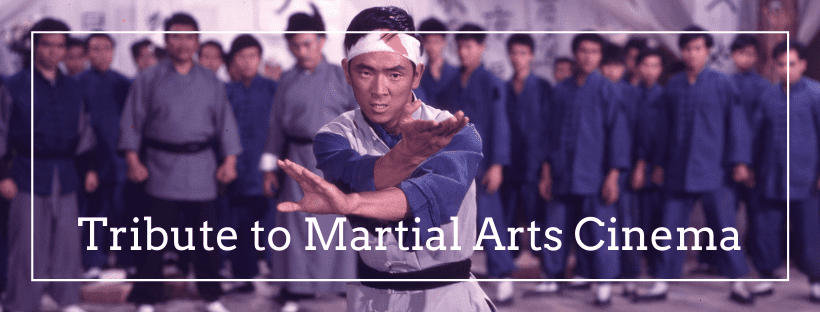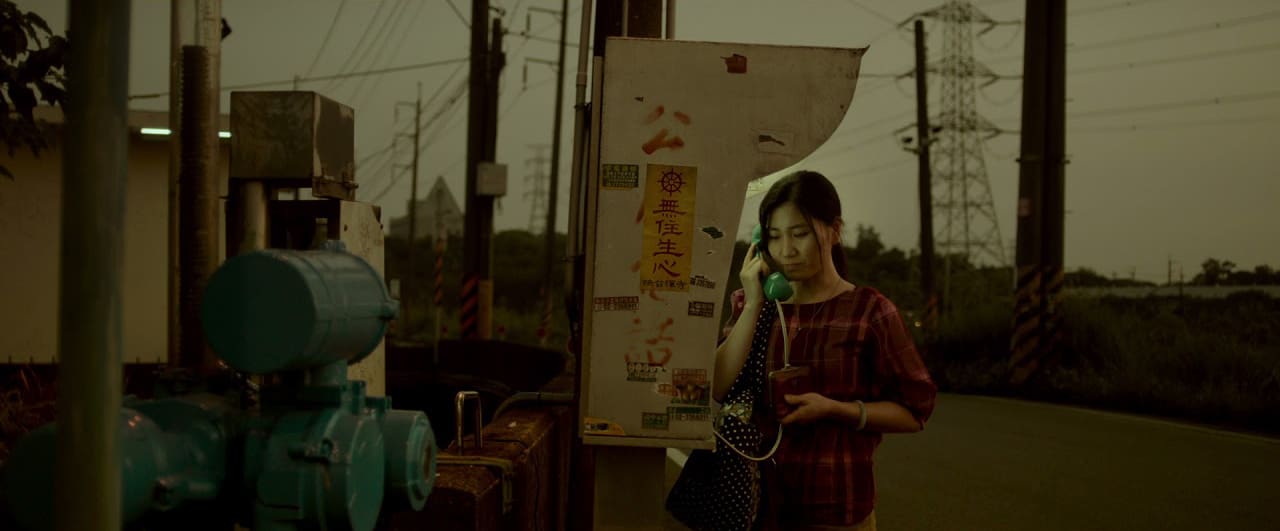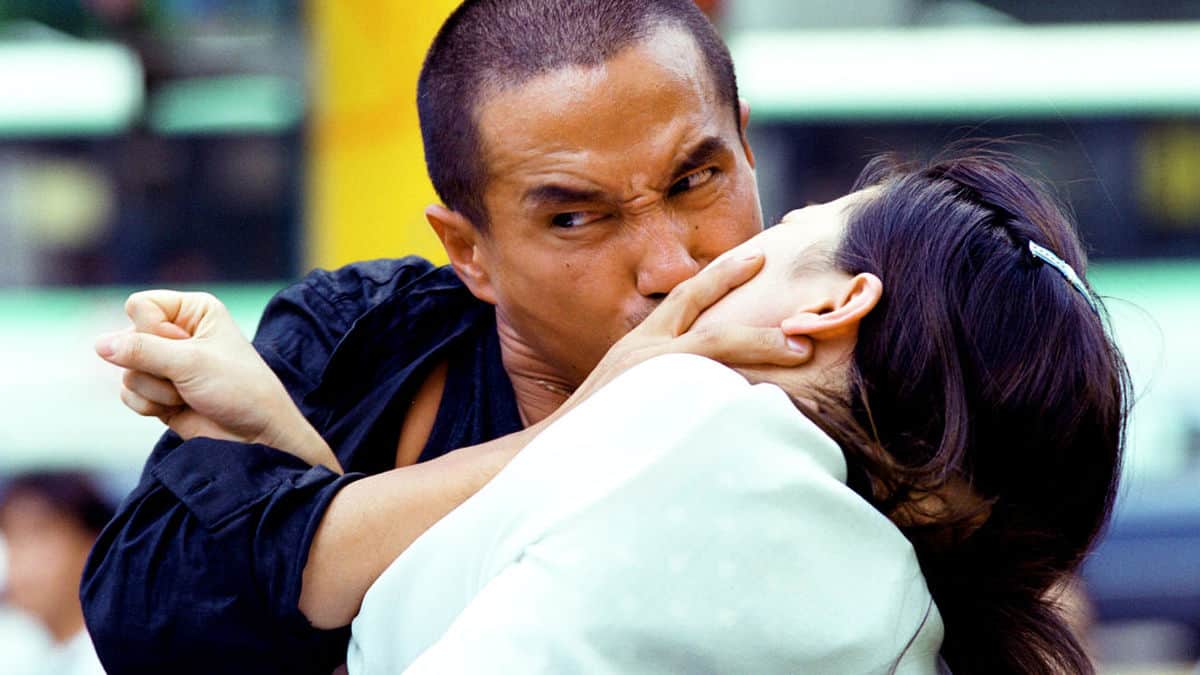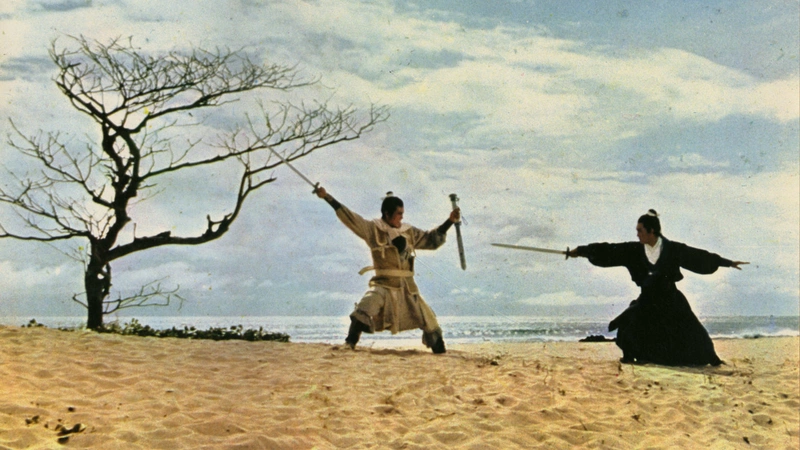The surge of movies concerning Bruce Lee's teacher and ambassador of Wing Chun style to the world, which must have reached around 10 now if I am not mistake, started with this one, which remains the best among them, maybe with the exception of “The Grandmaster” which unfolds, however, in a completely different style.
Buy This Title
on Amazon
The story takes place in Foshan, a city in southeast China that was considered a centre of martial arts, even including a street completely dedicated to it, where teachers are coaching their students on the road, side by side. Ip Man enjoys the appreciation of the other teachers in the city, who consider him the strongest fighter, even though the occasional outsider who wants to test his abilities does appear. Cheung Wing-sing, however, his wife, is annoyed by all the fighting, which occasionally happens inside the house, which frequently leads to tension between them. When a rather strong fighter, Jin Shanzhao, comes to Foshan to challenge other masters, hoping to set up a school and climb out of poverty, even she agrees for Ip Man to fight him however, coerced by the Northerner's vulgar ways. Despite the aforementioned, Ip Man lives an opulent life while keeping a low profile, something that changes completely after the Japanese invasion of 1937, since the situation for all Chinese people deteriorates radically, resulting in him having to work as a miner to feed his family and duel with Chinese and Japanese fighters to protect his friends.
The combination of Sammo Hung as action choreographer and Donnie Yen as main performer has resulted in a number of action masterpieces, with the original “Ip Man” definitely being among them. The combination of rather intricate choreography with the uncanny speed and overall composure of Yen results in a number of utterly impressive scenes, with the multiple punches in particular being among the most memorable ever to appear on a martial arts film. Apart from the protagonist, Wilson Yip has also done an excellent job in the rest of the cast, with Louis Fan Siu-wong in the role of Jin and Hiroyuki Ikeuchi in the role of the Japanese general who becomes the ultimate opponent, providing more than worthy villains. Chen Zhi hui in the role of Master Liu, another sifu, Simon Yam as a businessman friend, and gorgeous Lynn Hung as Ip Man's wife, round up an overall great cast.
To get back to the action though, the many one-on-ones Yen has are all quite impressive, but the same applies to three additional ones, when he fights against ten Japanese fighters (in one of the few moments he loses his cool and becomes truly vengeful), a number of Japanese soldiers, and, along with the workers in a small factory after the occupation, the gang Jin has come up with, with O Sing-Pui's cinematography finding its apogee in those scenes. Cheung Ka-fai's editing is also excellent, with him retaining an overall very fast pace, which slows down, on occasion, however, in order to allow for some moments of drama and some sociopolitical comments to emerge. In that fashion, the role of Li Chiu, a policeman who becomes an associate of the Japanese during the Occupations seems like a direct accusation towards the Force, although Yip does not allow him to become truly despicable. The same does not apply to Colonel Sato, a truly sadistic but also weak Japanese officer, in whose face the opinion of the Chinese for the Japanese forces seems to be mirrored completely. That some of the Chinese choose despicable paths, while others focus on hard work is another comment, this time pointed inwards.
Lastly, this review would not be complete if there was no mention of the top-notch art direction by Mak Kwok-Keung, which finds its apogee in Ip Man's house, and Lee Pik Kwan's costume design, which results in a number of imposing appearances, both of the rich and the poor.
“Ip Man” is a truly great film, a masterpiece of the genre, and a true classic of HK cinema.


